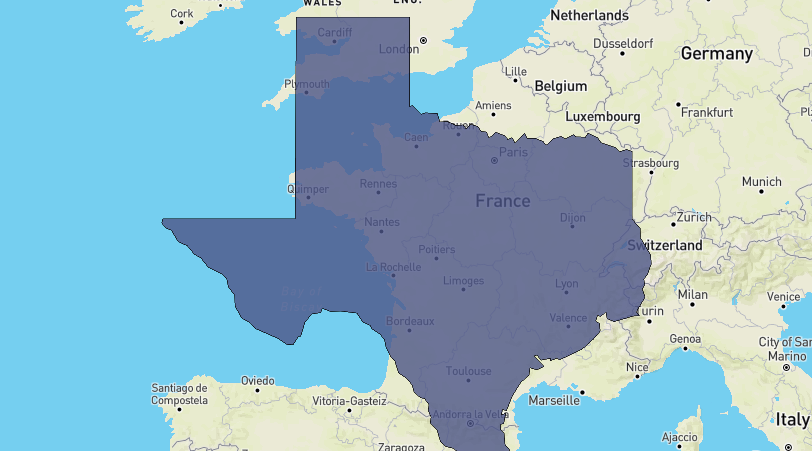If you are standing in the financial aid office of a community college feeling like you’ve hit a wall, you aren’t alone. Most people tell you “don’t take private loans for a two-year degree,” but the reality is that sometimes the Pell Grant and Federal Subsidized loans just don’t cover the rent or the cost of a nursing kit.
The bottom line? You are in a “Small-Dollar” struggle. Many big banks won’t even look at a loan under $5,000, but a few specific lenders like Sallie Mae and College Ave have carved out niches for students exactly in your shoes—provided you know how to navigate their credit traps.
Why the “Big Banks” Often Ignore You
Let’s be honest: traditional banks are built for four-year “prestige” students. They see a community college student and think “high risk, low profit.” This is the first bit of friction you’ll face. Because your tuition might only be $2,000 a semester, the interest a bank makes is tiny compared to a $50,000 Ivy League loan.
To get noticed, you have to pivot. You aren’t just a “student”; you are a “future earner.” This is where Ascent comes in. They are one of the few who look at your GPA and your major rather than just a credit score. If you are halfway through a high-demand certificate like Cybersecurity or Radiology, you have leverage that a freshman English major doesn’t have. Use it.
The Co-Signer Conversation: The Gritty Reality
Unless you’ve been working a full-time job for years while in school, your credit score probably looks like a blank slate. To a lender, that’s a red flag. The direct reality is that you will likely need a co-signer.
This is where family friction happens. You are asking someone to risk their house and their retirement on your degree. If you go this route, look for a lender with a “Co-signer Release” after 12 months. Sallie Mae is decent for this, but Citizens Bank is often better if your co-signer is already a customer. It gives everyone an exit strategy—a way to unhook your parents from your debt once you have your first “real” paycheck.
Survival Funding: What These Loans Actually Cost
| The Dream | The Interest | The Monthly “Ouch” | Total Cost (5 Years) |
| Federal Loan | 5.5% | ~$55 | $3,300 |
| Private (Good Credit) | 8.5% | ~$65 | $3,900 |
| Private (Poor Credit) | 14.9% | ~$80 | $4,800 |
Vocational and Trade Tracks: The “Certificate” Trap
One of the most frustrating bottlenecks in community college is finding a loan for a non-degree certificate. If you’re training to be a welder or an EMT, many lenders will reject your application because you aren’t “degree-seeking.”
The “Information Gain” you need here is the term “Career Training Loan.” Don’t apply for a “Student Loan”; apply for a “Career Loan.” Sallie Mae dominates this gritty little corner of the market. They don’t care if you’re getting a degree or just a license, as long as the school is accredited. It’s the difference between getting a “We’re sorry” email and getting your tuition paid.
Field Note: The “Leftover” Cash Warning
When the loan clears, and you see an extra $1,500 in your bank account for “living expenses,” the temptation to spend it on a car repair or a new phone is massive. Don’t. Private loan interest starts the second that money hits your account. Every dollar you spend on a pizza today will cost you three dollars by the time you pay it back.
Field Note: The “Half-Time” Rule
Most people don’t realize that if you drop below 6 credits (half-time), your loan enters “Repayment” immediately. If you’re struggling with a class and want to drop it, check your loan contract first. Dropping that one class could trigger a $200 monthly bill you aren’t ready for.
Comparing Lenders for the Two-Year Path
| Lender | Minimum Borrowing | Best For… | The “Reality” |
| College Ave | $1,000 | Customization | Great for small “bridge” loans. |
| Ascent | $2,001 | Non-Co-signers | Only for students with high GPAs. |
| Sallie Mae | $1,000 | Trade Schools | Higher rates, but they say “yes” more. |
The Searcher’s Practical FAQ
Can I get a loan if I’m only doing a one-year certificate?
Yes, but you must look for a “Career Training Loan.” Standard student loans often require you to be in a two-year Associate’s program.
Why is my interest rate so much higher than my friend’s at a University?
It’s the “Risk Friction.” Lenders see community colleges as having higher “drop-out” rates. They charge you more to cover the risk of other students not paying their loans back.
Is it true I can use this money for rent?
Yes. As long as it’s within the “Cost of Attendance” set by your school. But remember: you are essentially paying rent with a credit card that has a 10-year deadline.
How do I know if my school is “Accredited”?
If your school accepts the FAFSA, it’s accredited. If they don’t, no reputable private lender will touch them, and you should probably stay away too.
What if I transfer to a 4-year school later?
Your community college loan will stay with you. You can usually defer it (stop payments) while you finish your Bachelor’s, but the interest will keep growing like a weed.
Can I pay it off early?
Always check for “Prepayment Penalties.” Legitimate lenders like the ones mentioned above don’t charge you for being responsible, but some “payday-style” lenders do.
What is the “Smell Test” for a bad lender?
If they ask for money upfront to “process” your application, it’s a scam. Real lenders take their fees out of the loan itself.
Should I choose a Variable or Fixed rate?
For a two-year degree, Fixed is your best friend. You need to know exactly what your bill will be when you’re working that first entry-level job.
Do I need to buy “Loan Insurance”?
No. It’s an up-sell you don’t need. Focus on a co-signer release instead.
Can I apply with my spouse as a co-signer?
Yes. If your spouse has a steady job and better credit, they are often a better choice than a parent because it keeps the “financial friction” within your own household.
What’s the fastest way to get the money?
Apply online with all your docs (tax returns, ID) ready. The bottleneck is usually the school’s financial aid office, not the lender.
Does a private loan hurt my credit?
Initially, yes (the “Hard Inquiry”). But if you pay it on time, it will actually build your credit score faster than almost anything else.

